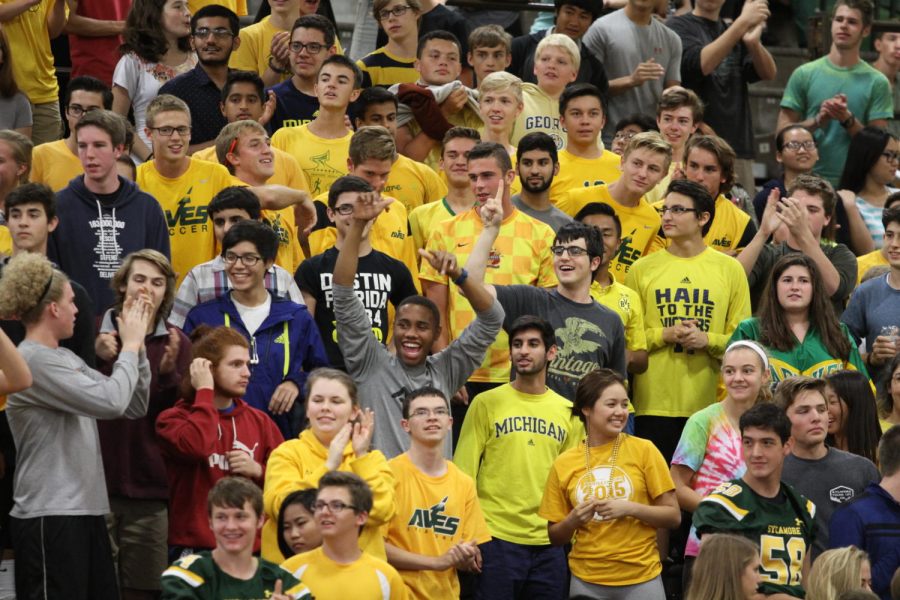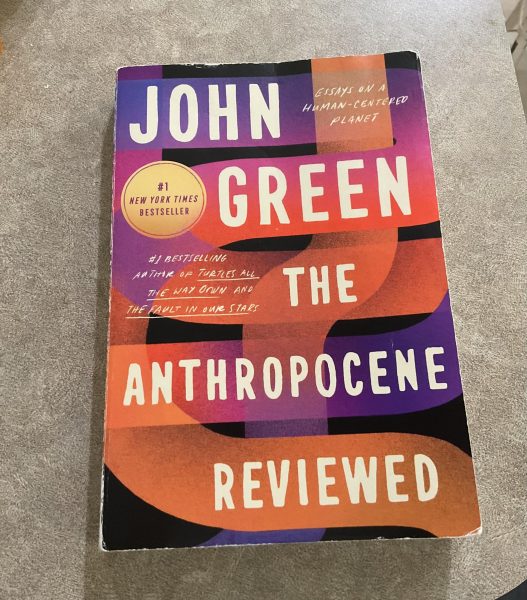Experts research why some people look like their names
SMILE. Researchers discover various reasons as to why names associate to certain people. Cultural stereotypes play a big role as they have been printed into one’s memory by everyday life. Thus certain characteristics add to certain names which therefore characterize people.
Recently, researchers have experimented, trying to determine if people could correctly match a person’s name to an unfamiliar face. They discovered that these people were able to guess these names at a higher rate than predicted.
In this experiment, two studies were completed with 185 people in Israel and France. These people were shown a color head shot of 25 total strangers and were told to guess the stranger’s name from a list of four to five name possibilities.
“We know how belonging to a specific gender can have a strong social structuring impact, but now we know that even our name, which is chosen for us by others and is not biological, can influence the way we look through our interactions with society,” said lead study author Dr. Yonat Zwebner, of the Hebrew University in Jerusalem, Israel, to the The Huffington Post.
Hypothetically, a participant given four names has a 25 percent chance of guessing the name correctly.
However, the study of 70 people in Israel matched the correct name to the face about 30 percent of the time. A similar experiment in France resulted in matching the correct name and face 40 percent of the time.
“If a name can influence appearance, it can affect many other things, and this research opens an important direction that may suggest how parents should consider better the names they give their children,” Zwebner said.
Experts believe cultural stereotypes that people have connected to different names by movies, TV shows, and books could be the cause of this.
“Once people are aware of the possible impact of a name, they will carefully choose a name, and they can choose whether to embrace and fulfill the name stereotype, or defeat it, just like our awareness of gender stereotypes,” Zwebner said.
Your donation will support the student journalists of Sycamore High School. Your contribution will allow us to purchase equipment and cover our annual website hosting costs.







